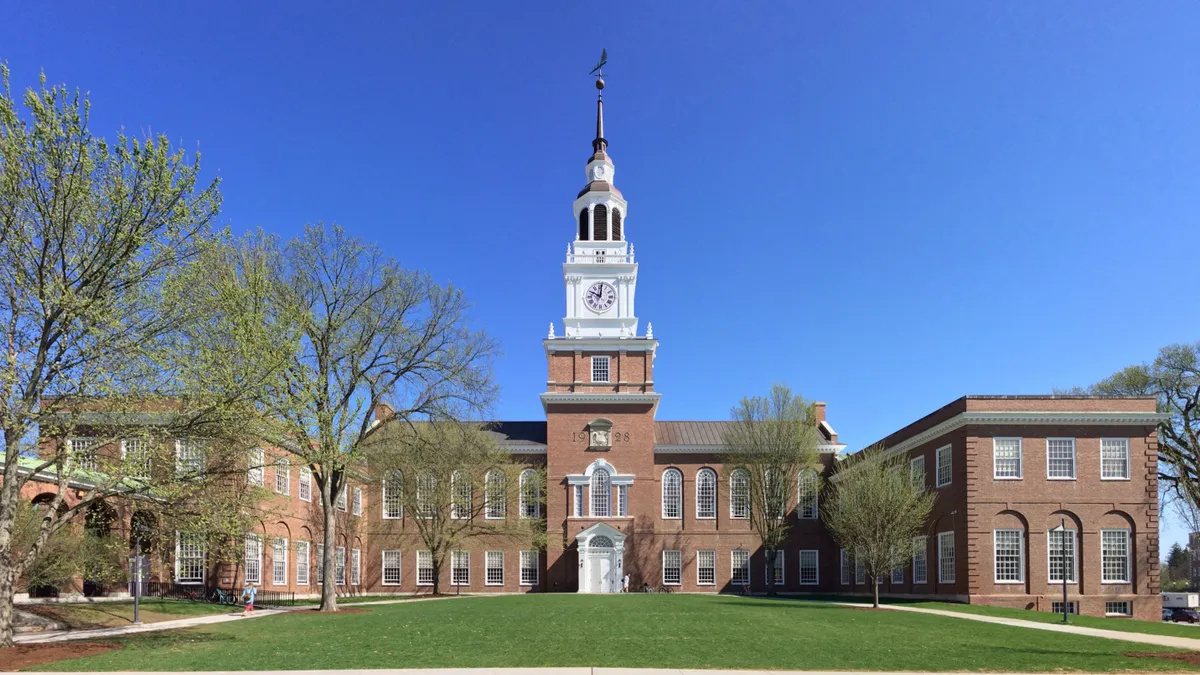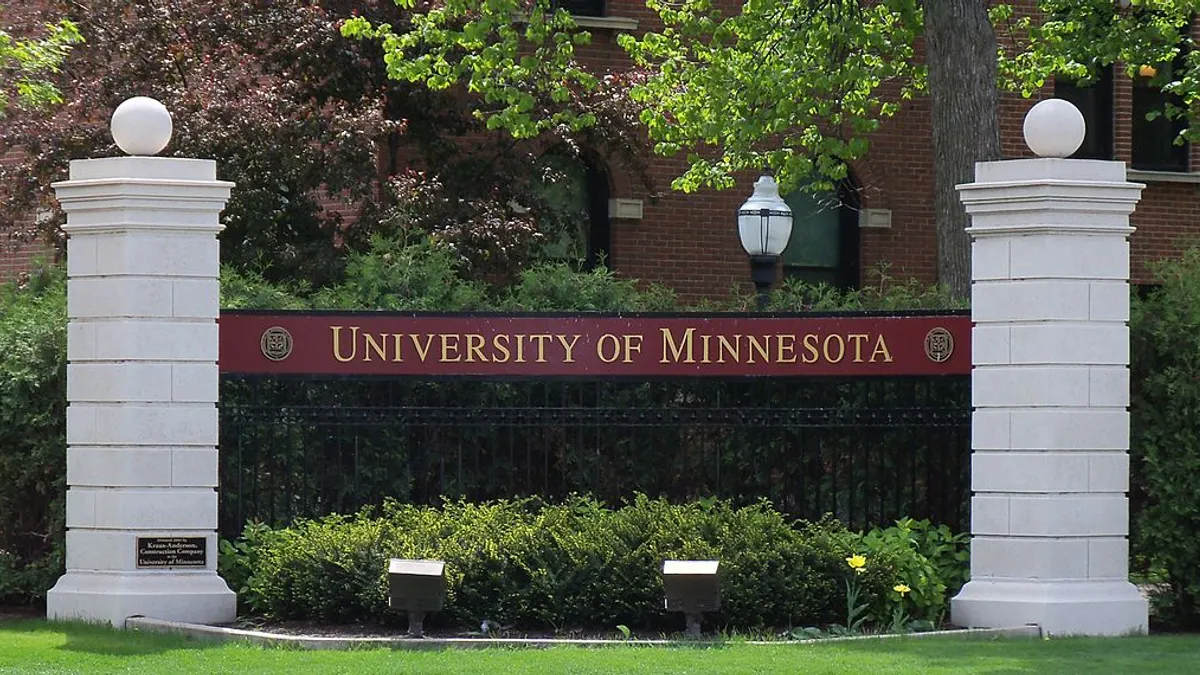Dive Brief:
- An Illinois bill that would establish guardrails on income-share agreements, a controversial method of financing a college education, has stalled in a Senate committee.
- Income-share agreements, or ISAs, allow college graduates to pay back their tuition and fees through a monthly portion of their salaries over a set time frame with little to no initial costs. However, ISA critics argue these deals are often difficult to parse, potentially saddle students with greater debt, and have minimal government oversight.
- Illinois’ draft legislation would allow ISA providers to take up to a 20% cut of graduates’ income until their tuition is repaid. Providers would also need to ensure graduates wouldn’t pay an effective annual percentage rate in excess of 20%. Also under the bill, graduates wouldn’t have to begin repaying their tuition until they reached a certain income threshold.
Dive Insight:
ISAs emerged in recent years as a tool favored by some college leaders and access advocates who pushed for new pathways for how students pay their tuition.
Yet whether an ISA is considered debt, like a student loan, and whether they should be regulated as such remains under debate.
State and federal regulators have been focusing on these issues in recent years. In 2021, the Consumer Financial Protection Bureau deemed ISAs to be private loans, a legal interpretation backed by the U.S. Department of Education.
At the same time the bureau made that determination, it ordered a Virginia-based ISA provider, Better Future Forward, to stop saying its agreements weren’t loans.
Better Future Forward backed the Illinois bill, which ISA skeptics were quick to point out.
The Woodstock Institute, an Illinois-based group advocating for fair lending policies, said the state’s proposal “would have codified the industry’s worst practices.”
The organization said the bill’s sponsor, state Sen. Elgie Sims, held up the proposal in committee.
Sims did not respond to a request for comment Thursday.
“Consumers, and consumer advocates, owe a debt of gratitude to Senator Sims,” Brent Adams, the Woodstock Institute’s senior vice president of policy and advocacy, said in a statement. “We are confident that his leadership will ensure any legislation to govern this questionable industry will put consumer protection at the forefront.”












